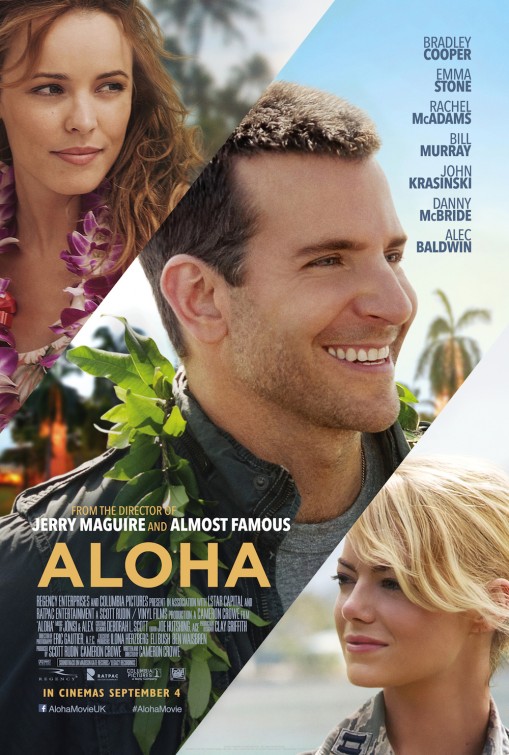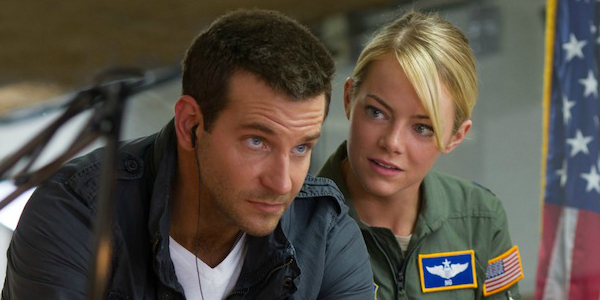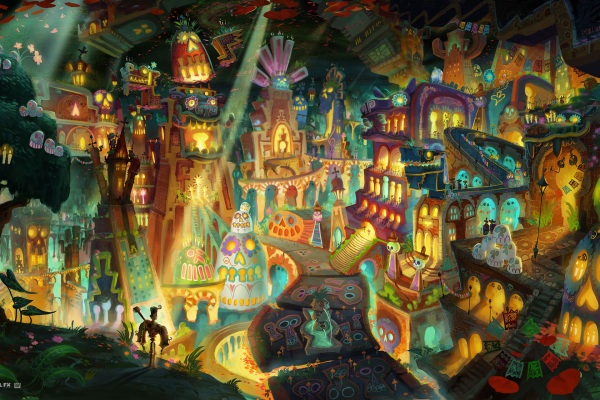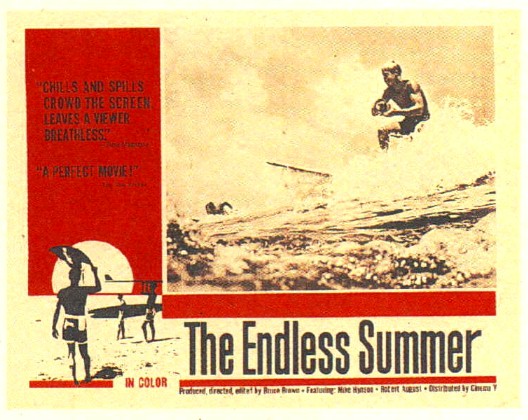
So much negative press for this movie before it was released. They changed the date from December 25th of last year. The Sony leaks revealed head honchos thought it was unsalvageable. Then critics were shown the film two days before release. No matter. I walked in with an open mind. It’s Hawaii and Bradley Cooper, after all…
So. Howzit? Watch the Cinema Siren Aloha movie review, complete with Emma Stone interview, to find out what went right and wrong, and if it does indeed bring a “warm Aloha”…
Written transcript of the review:
Aloha means a variety of things. It means both hello and goodbye, and a sort of loving, gracious friendliness to all for which those who make Hawaii their home are known. Although this title for writer director Cameron Crowe was changed from Deep Tiki, and has had some backlash, there’s never been a better name for a film that can’t decide what it’s trying to say, nor how it’s trying to say it. Good, committed acting and charm can only get so far.
Brian Gilcrest (Bradley Cooper) is a disgraced military contractor looking to get back in the game. He gets his chance on a project involving a walking bridge dedication on Oahu. Though certainly at first it’s unclear why he has been brought on, Gilcrest sees this as a chance to get back in the good graces of his billionaire former boss Carson Welch, (Bill Murray) and former C.O General Dixon (Alec Baldwin) even knowing it means awkwardly running into his former fiancee Tracy (Rachel McAdams) and her husband, his close friend Woody Woodside (John Krasinski). The moment he steps onto Hawaiian soil, he discovers he has a military babysitter, the brash, enthusiastic and by-the-book fighter pilot Allison Ng (Emma Stone). Love and moral conundrums ensue.
The cast of Aloha burst some thespian corpuscles trying to make their characters, their motivation, and their arcs work believably. In fact, the most winning aspect of the film by far is the acting. Crowe is known in the past to have gotten career bests from members of his casts, most notably exampled by Kate Hudson who has never been better than in Almost Famous. While no one is better than they’ve ever been, none of the actors in Aloha should lose any sleep when this film doesn’t make big box office numbers. However well or miscast they may be, they certainly do their part.
Bradley Cooper and John Krasinky are the most memorable, and should be the most appreciated. Cooper finds a way to make a character who makes a number of morally ambiguous choices appealing. We believe Gilcrest is trying to become better, although he doesn’t always succeed. Krasinky’s Woody, a laconic military man who unintentionally distances his family with his lack of communication, comes off most successfully, probably because the plot and dialogue holes don’t affect him as they do the rest of the cast. Emma Stone is woefully miscast as gung-ho female fighter pilot Ng, stretching credulity at every turn, although to her credit she finds a way to make the role her own. In truth she would have won me over had she not been contending with such contrived, unbelievable plot devices. McAdams as Gilcrest’s former lover and Woody’s current stressed-out wife brings her casual authenticity to her character, but Tracy’s secrets and why she has kept them, make little sense as her character is constructed. They will leave most of the audience completely at odds with her.
Aloha is so riddled with holes in plot and character development, if it were a tarmac it would be impossible for a plane to take off… Emma Stone’s character Ng suffers the most. Within hours of introducing herself to her subject Gilcrest, to whom she has been assigned, the captain seems to be coming on to him. At the very least this is very unprofessional behavior, if not conduct unbecoming to an officer. As a a women who is supposedly a fighter pilot and young captain, she would have to be hypersensitive to how a choice like that would potentially derail her career.
Their romance has no real foundation. Gilcrest doesn’t even really like her. And then… all of the sudden… he does.
Examples like that one abound in Aloha, although spoilers preclude me from listing them here. Arguably, the most glaring of the whole story is the reaction of Tracy’s daughter to something that happens in the penultimate scene of the film.
There are also numerous elements of the story that are confusing or unbelievable, to the extent that the audience loses interest or connection with the plot’s forward movement. When that happens, Aloha wilts faster than a plumeria lei left in the hot sun.
Those outside of Hollywood or choosing to ignore emails leaked from Sony Pictures would have no idea Aloha has had problems for over a year now. I have only read the full emails this morning, in which Amy Pascal, former head of Sony pictures, said aspects of the film were confusing, the script had unfixable problem, and the film didn’t get positive responses from those with above a high school education. Ouch!
As to the more recent controversy about the movie being named Aloha—there has been a fuss about the name being used to market a mediocre film by leveraging a word that has many meanings, understood and respected by native Hawaiians and long time residents of the state, claiming little more than the word itself is present to represent the Hawaiian culture. The name Aloha is the LEAST of the movie’s many issues, and those who trouble to watch it will discover in fact Crowe takes pains to represent the spirit of Hawaii, with its myths, challenges, and culture, both as it is celebrated by its indigenous people, as well as those whose families have adopted Hawaii as their home for many generations. There’s no doubt Cameron Crowe’s heart was in the right place, but it makes little difference to the spotty finished product.
In fact, as I have a sister who has lived and worked on Oahu for over 20 years, I can say from my perspective Crowe did do a great job of showing the beauty and power and the living culture of Hawaii, which is no small feat, but sadly that work is overshadowed by the weak script, unbelievable characters, and simplified, unsatisfying ending. There is an undeniable charm to some of the scenes of this movie, but few movie lovers will be offering it “warm aloha”.
Being a fan of Cameron Crowe’s earlier works Singles, Almost Famous, and Say Anything, I’m very sad to give this movie 2 out of 5 stars.
Sorry John and Bradley.




